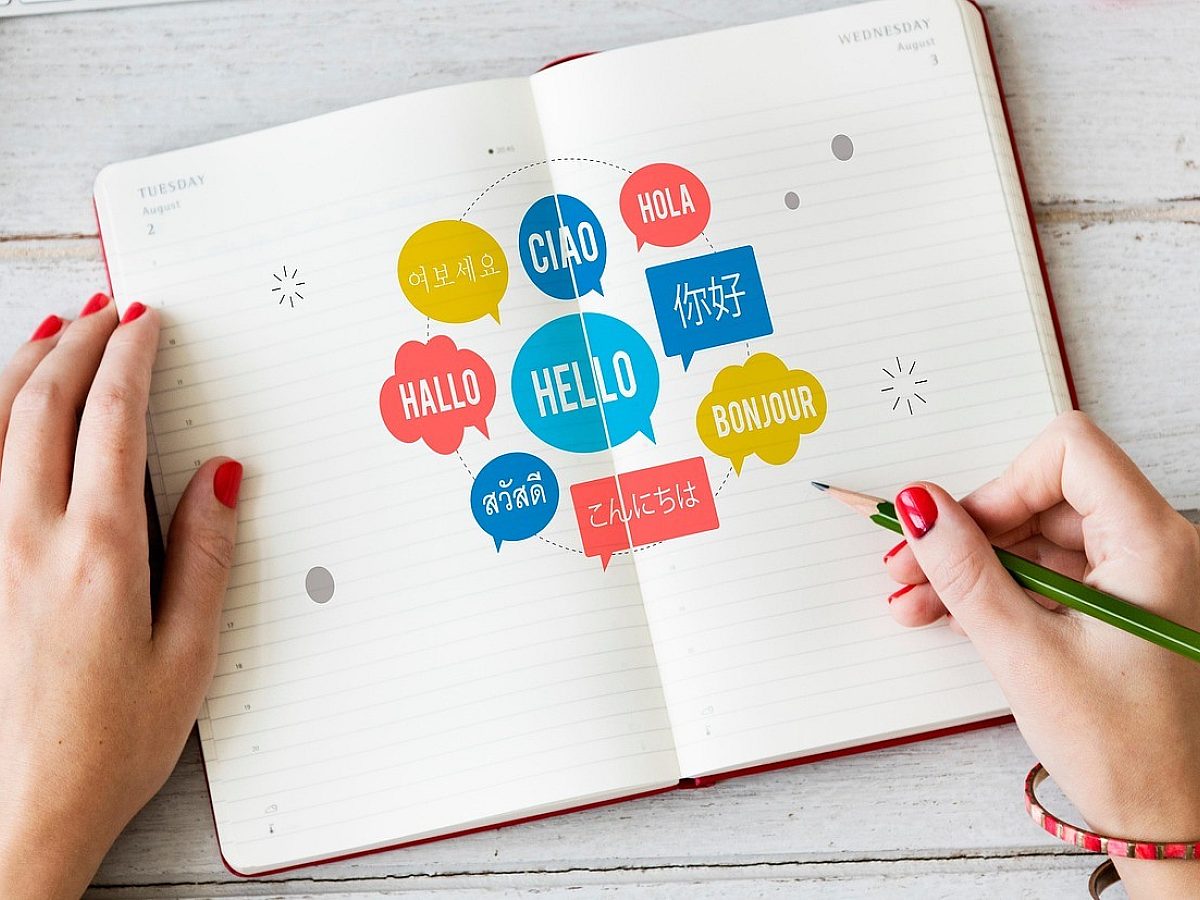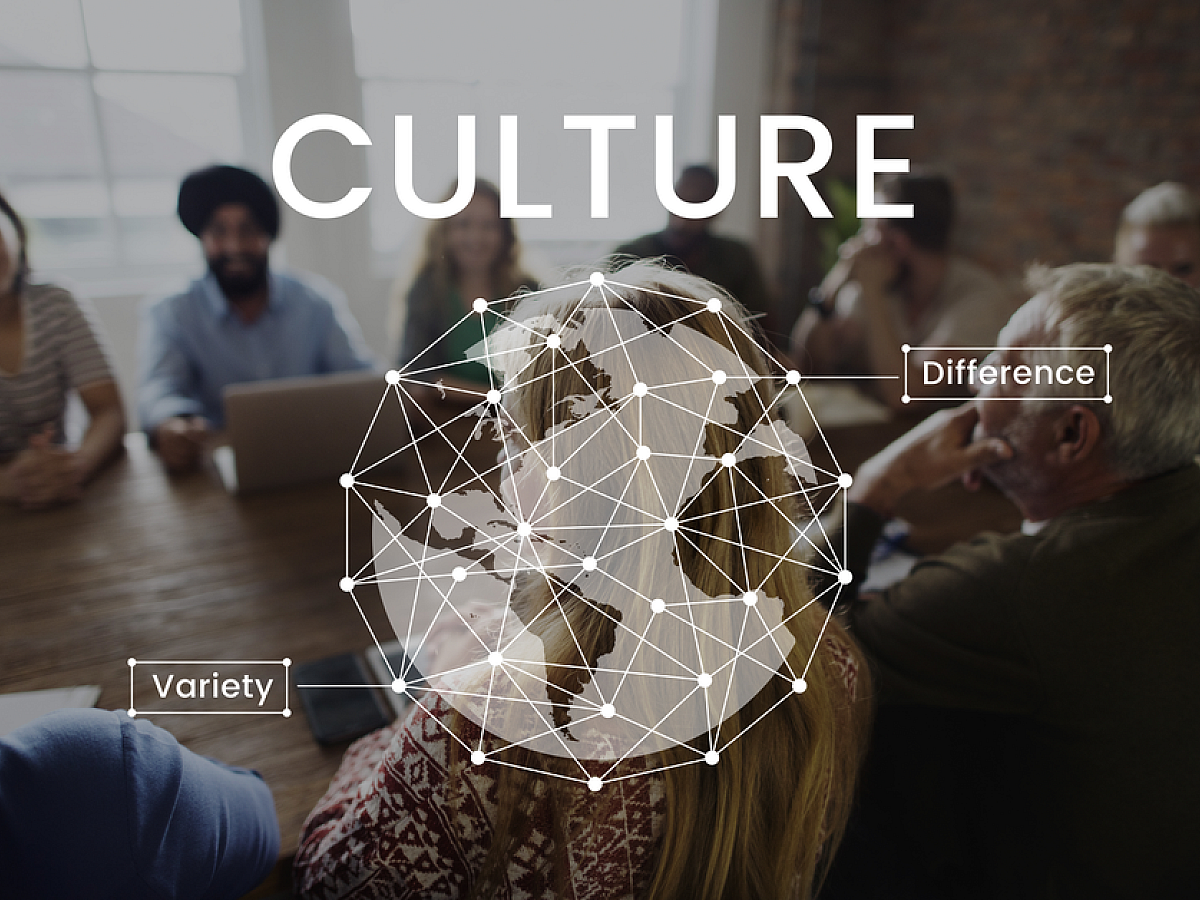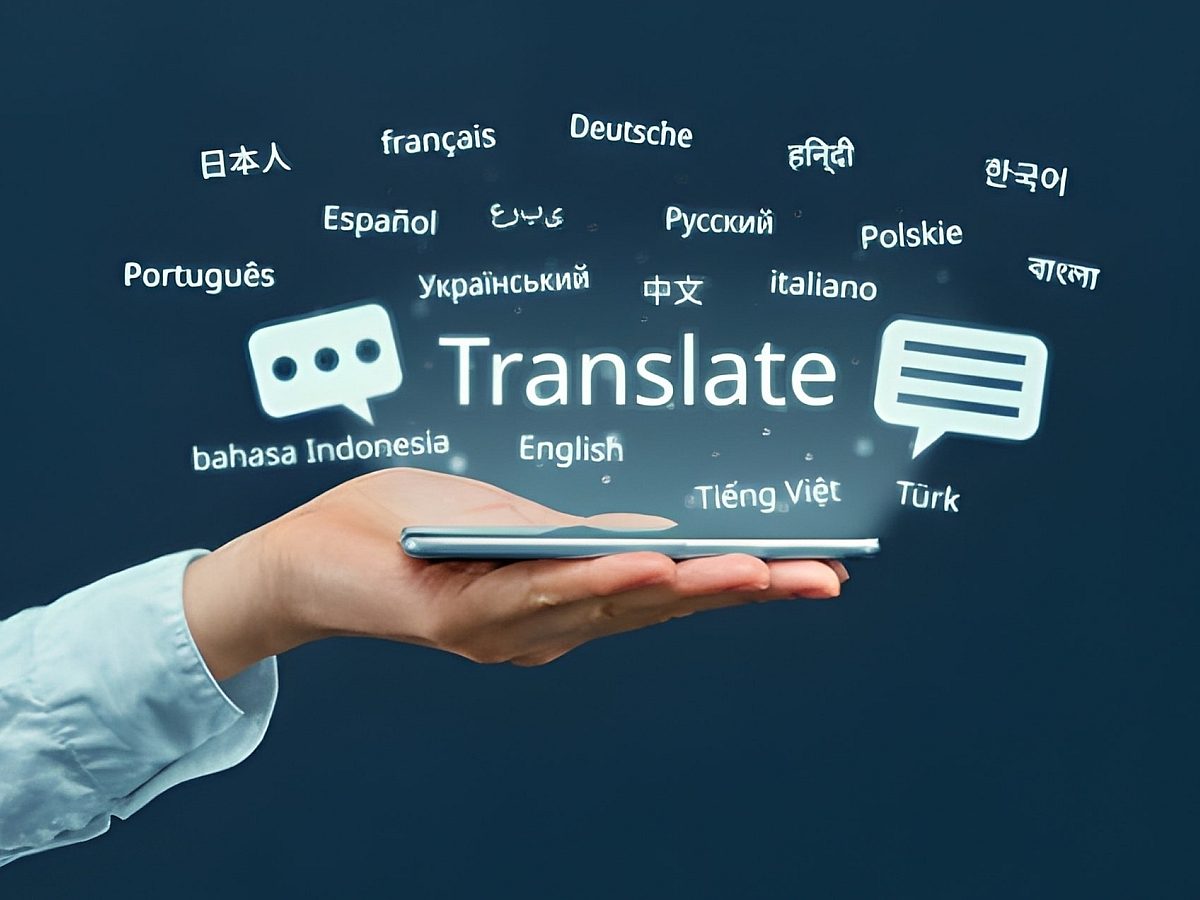Your business is growing, and you’re considering expanding outside of the US. Jumping into international marketing can be a daunting process. But adapting your message for global audiences is much simpler than it used to be.
Translation is no longer a manual process, moving at a snail's pace. Thanks to modern tools such as machine translation (MT) and AI translation, it’s easier than ever to translate your website, marketing content and multimedia materials on a budget.
In fact, by working with an agency specializing in marketing translation for businesses, you can be ready to launch your website and social media presence in a foreign language in a matter of days.
Don’t get us wrong—global marketing is never easy. Even with advanced tools, you need to consider your audience and get your message right the first time.
That’s why it’s so important to understand how translation and localization can impact your global marketing strategy—and how to do it right. Cultural blunders early on can damage your reputation and tank your ROI.
In this guide, we’ll introduce you to translation and localization for marketing, and you’ll learn how to jump-start your global strategy.
Understanding Translation in Modern Global Marketing
Effective communication is the foundation of any marketing strategy. In new regions, language barriers can hurt your ability to engage with potential customers, regardless of the quality of your product or service.
Translation helps remove these barriers by allowing you to speak directly to your audience in their native language.
When you translate your marketing materials, you benefit from:
- More engagement
- Boosted SEO
- Improved social media reach
- Increasing trust
- Better ROI
Accurate translation is faster than ever, too. Translation technology has advanced dramatically in recent years. Technology like Machine Translation Post-Editing (MTPE) combines artificial intelligence with human oversight to deliver accurate translations at scale. This method works well for low-stakes content like internal communications or FAQs.
MTPE is helping SMEs keep pace with consumer content demands while expanding into multiple regions.
However, it’s important to remember that quality matters in marketing translation. It’s important to understand when to leverage rapid technology and when to utilize a specialized human translator.
For high-quality translations like ads and customer-facing materials, professional human translation is the gold standard.
Localization: More Than Just Translation
Translation is only half the battle when connecting with new markets. While translation focuses on converting words from one language to another, localization takes a deeper approach.
It adapts content to fit the cultural and linguistic nuances of your target audience. Localization ensures that your message feels natural and relatable, rather than just being a literal translation.
Localizing content includes:
- Language adaptation for cultural relevance
- Adjusting date, time and number formats
- Regulatory compliance
- UX localization
- Tone and style adjustments
- Payment methods
- And more
Consider an e-commerce business launching in Japan. Localization would involve translating product descriptions into Japanese and also adapting the imagery, pricing format and promotional messaging to align with Japanese cultural preferences.
Localization makes your content “speak your target’s language.” Effective localization has been found to boost trust, engagement and revenue.
What to Consider When Seeking Translation Services
Effective marketing translation doesn’t look like translators huddled over documents, analyzing word after word. It’s a complex blend of technology, human experts, cultural adaptations, multimedia services and more.
And most importantly, it requires expert knowledge of how to leverage the right tools for the right translations.
For example, hiring an expert marketing translator to translate internal documents would be a waste of money. At the same time, using an AI translation tool for your social media ads could put your brand at risk.
Here are some factors to keep in mind.
1. Cost and Budget
Machine translations are highly affordable but suitable only for internal or informal content. Customer-facing materials often require the expertise of professional translators, which can be costly.
You might consider hiring a freelancer or a full-time translator to handle your translation needs. While this may appear cost-effective, a single translator typically specializes in just one language. As your business grows, you’ll likely face the challenge of coordinating multiple freelancers or establishing an expensive in-house translation team.
Even then, your translation speed will fall short compared to what a marketing translation agency can deliver.
2. Type of Translation
Different types of translation require varying levels of accuracy.
- Machine translation is best for low-stakes content such as internal documentation or FAQs.
- A combination of AI translation and human oversight (MTPE) can be a cost-effective way to translate high-volume or urgent content like social media posts.
- Human translation is ideal for marketing campaigns, website copy and materials where precision and nuance are critical.
A cost-effective translation strategy utilizes multiple types of translation.
3. Data Security
SMEs should consider translation providers with strong data protection measures to avoid breaches or unauthorized access.
This is one downside to working with freelancers—they present a major vulnerability. Look for agencies that hold certifications like ISO 27001, which demonstrates compliance with international standards for information security.
Choosing a partner like Wolfestone Group, which holds multiple ISO certifications (including 27001), helps you protect your business reputation and comply with data privacy regulations such as GDPR or HIPAA.
4. Regulatory Compliance
Local laws and regulations can vary widely between regions. This includes compliance with advertising standards, copyright laws and industry-specific regulations, such as health claims in the pharmaceutical sector or labeling requirements in food and beverage.
Additionally, data privacy laws like GDPR in the EU or CCPA in California may require changes to your content or its handling.
Failure to comply can result in fines and legal challenges. Working with a translation partner that understands regional regulations keeps you out of legal trouble.
5. Scalability
Scalable language solutions are crucial to avoid delays and inconsistencies in your global strategy.
Working with an established translation agency provides access to tools like translation memory systems (TM), which store previously translated phrases to maintain consistency and speed up future translations.
Agencies also offer large teams of translators and project managers who can scale their services as your requirements change.
6. Quality Control
A single mistranslation can harm your reputation. Every translation, whether completed by a machine or human, must be subject to rigorous quality assurance processes. These include multiple rounds of proofreading, editing by native speaker specialists, compliance checks and more.
Choose an agency with ISO-certified workflows, like Wolfestone Group. This ensures that every translation undergoes every level of quality assurance—every time.
Go Global with Wolfestone Group
Translating your marketing materials into multiple languages is faster and more cost-effective than ever. However, this can tempt businesses into acting hastily, putting their reputations at risk.
With the content demands of today’s consumers, marketing translations are in high demand. But this doesn’t mean they are any less complex. Businesses must consider cultural nuances, regulatory compliance and consistency when translating customer-facing content.
Achieving this at scale takes the dedication of a team.
Wolfestone Group specializes in helping SMEs establish a strong international presence through expert translation, localization and transcreation services. We provide comprehensive language solutions in 220+ language pairs and utilize the latest technology to deliver translations quickly and cost-effectively.
As a language services agency dedicated solely to businesses, we understand your need for accurate translation at scale. And we know the importance of robust data security and regulatory compliance. Our translators and project managers are not only dedicated to your translations—we support your company’s long-term growth.
Whether you’re scaling operations, launching campaigns in new regions, or adapting multimedia content, we have the resources and expertise to support your global goals.
Contact Wolfestone Group for a free consultation, and learn how we can take your business global.




